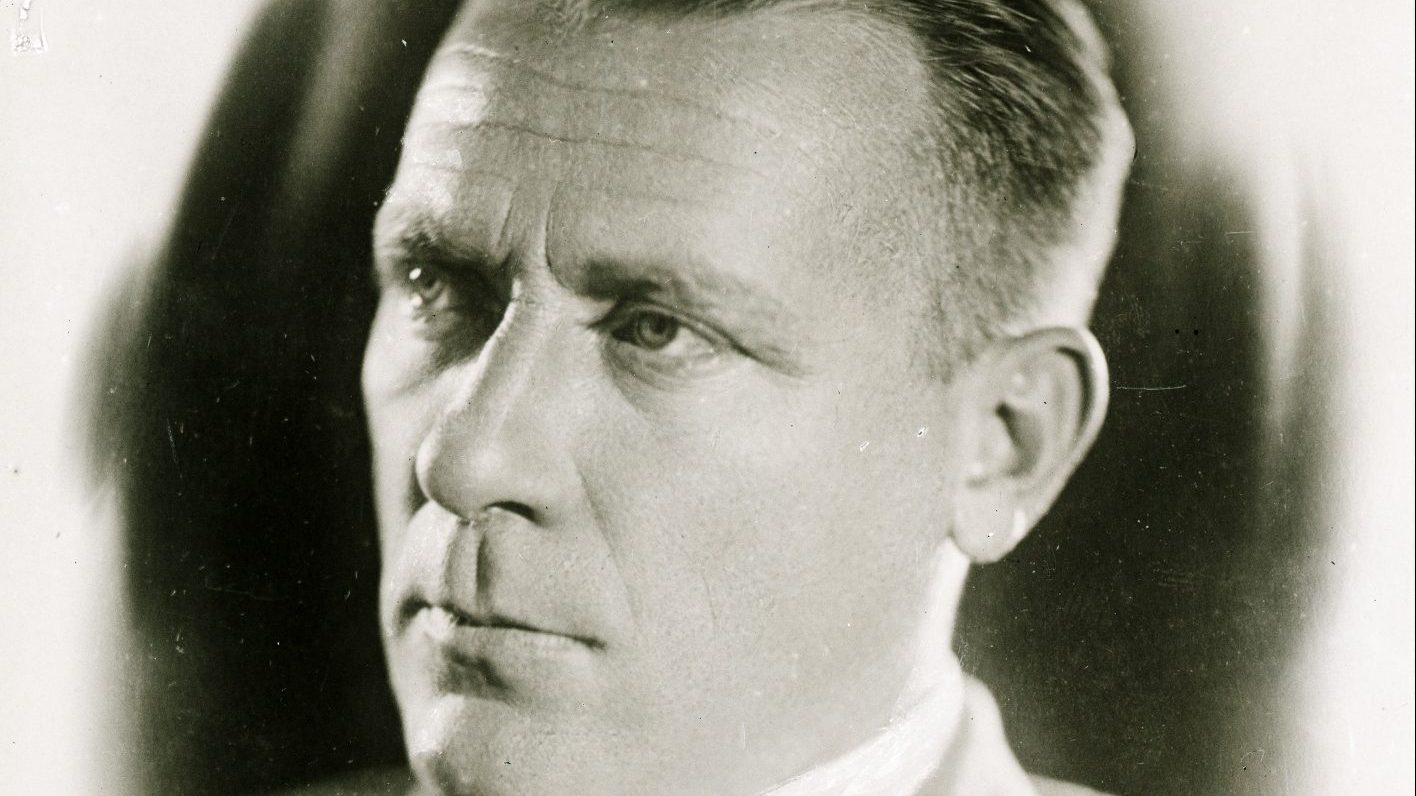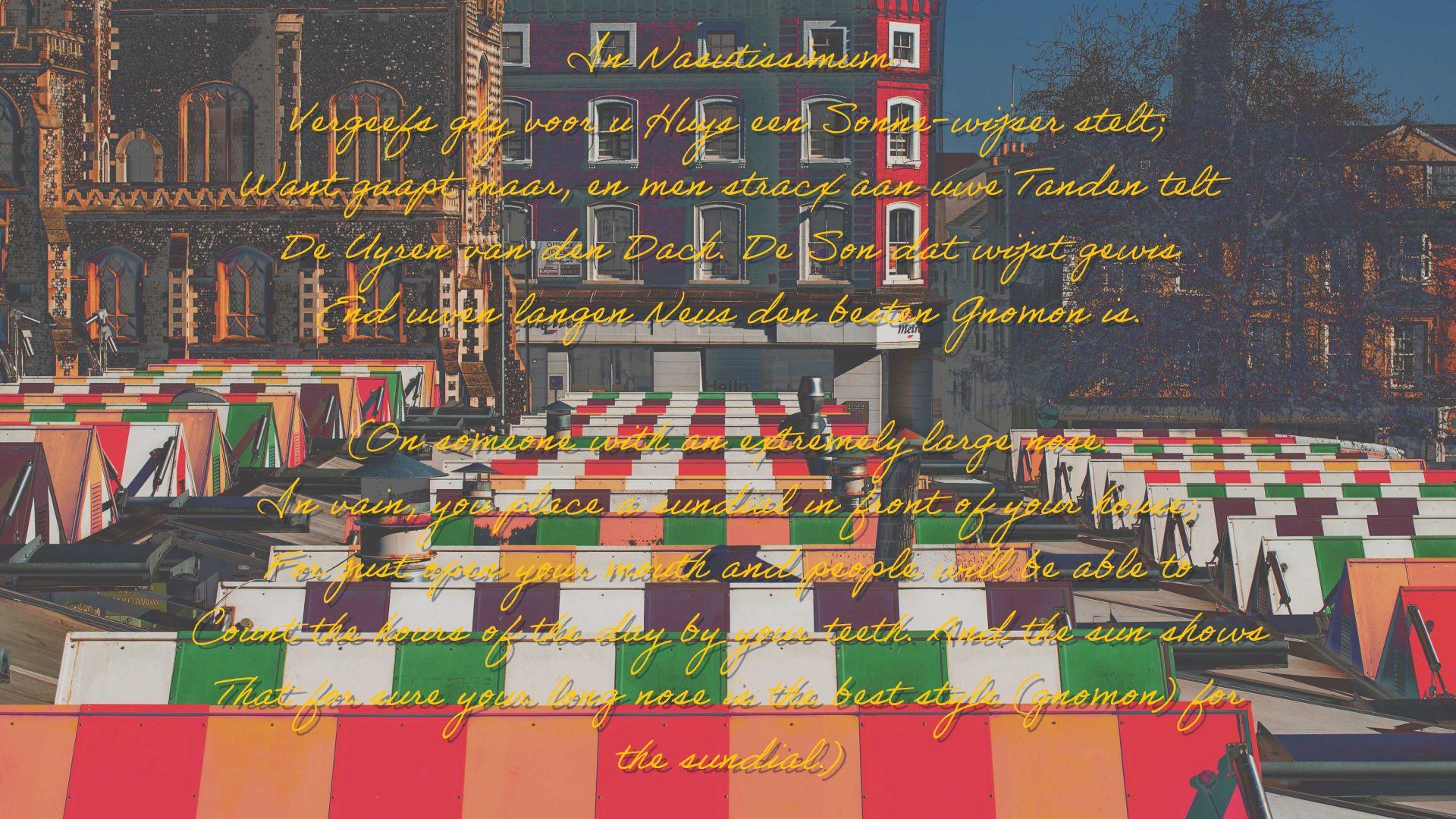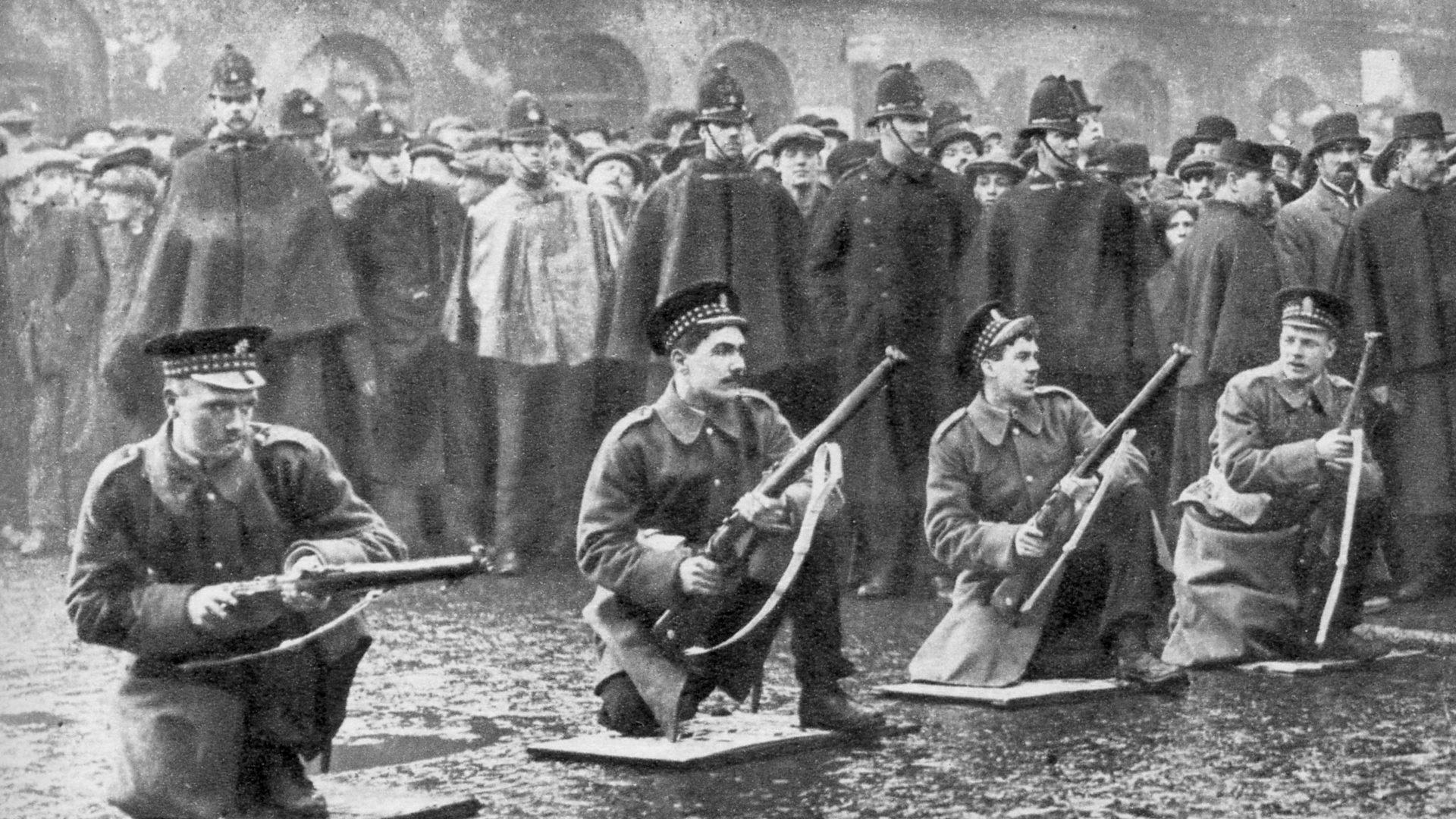Just after lunch one spring day in 1930, Mikhail Bulgakov was settling down for a post-prandial nap at his Moscow home when the telephone rang in the hallway. Lyuba will answer it, he thought, and once he heard his wife’s footsteps emerging from the kitchen he settled in for his snooze.
The creak of the door hinge had him opening one eye, Lyuba whispering his name opened the other. Any irritation he felt at being disturbed vanished when he saw the colour had drained from Lyuba’s face.
“What’s wrong?” he asked.
“There’s somebody from the Central Committee on the telephone,” she said. “He wants to speak to you.”
Bulgakov heaved himself upright and rubbed the back of his neck. Three weeks earlier he had written a letter to the government setting out in detail his grievances at how persistent censorship was preventing him from making a living. His last five plays had been banned by the authorities. Bulgakov had reached the end of his tether.
“I appeal to the humanity of the Soviet authorities and request they magnanimously allow me, a writer who cannot be of any use at home in his own fatherland, to leave for freedom,” he’d written. “And if on the other hand even what I have written is unconvincing, and I am condemned to lifelong silence in the USSR, then I would request the Soviet government give me a job for which I am qualified.”
Walking towards the telephone, Bulgakov pursed his lips. Perhaps they were letting him leave the country. A telephone call had to be a good sign. Nobody had ever been arrested over the telephone. He lifted the receiver feeling guarded optimism.
“Mikhail Afanasyevich Bulgakov?” said a brusque voice at the end of the line. Bulgakov confirmed it was him.
“Comrade Stalin will talk to you now.”
Bulgakov felt as if his stomach had plunged through the floor. He swallowed hard, heard a series of clicks and then a gruff voice with a strong Georgian accent addressed him, asking if it was true he wanted to leave the country. The writer’s mind whirled as he recalled the first letter he had sent the previous year – addressed personally to Stalin.
“Since I no longer have the strength to survive,” he had written, “since I am persecuted and know that it is impossible that I shall ever be published or staged within the USSR again, and since I am close to suffering a nervous breakdown, I am turning to you to request you to intercede with the government of the USSR to ask them to expel me from the USSR together with my wife.”
He swallowed, drew breath and prepared to speak.
In hindsight, Bulgakov’s deliberate provocation of the regime seems crazy. Under Stalin, some of the greatest writers in Russian history would be imprisoned, exiled and even murdered. Yet here was Bulgakov, one of the USSR’s most famous writers, not only wanting to escape but admitting this, in writing, to Stalin himself.
There is something enduringly fascinating about the relationship between Stalin and Bulgakov. Despite the writer creating so many thinly disguised satires of the Soviet regime – The Fatal Eggs saw giant reptiles created by a “red ray” eating the Russian people, for example, and when he took the call Bulgakov was already working on his satirical masterpiece The Master and Margarita – Stalin appeared to not only enjoy Bulgakov’s work, he practically indulged him.
Stalin had seen Bulgakov’s play The Days of the Turbins, based on his novella The White Guard about the Tsarist faction that fought against the Bolsheviks in the civil war, more than a dozen times and had interceded to prevent far stronger measures being taken against Bulgakov than mere censorship.
And now, here he was, on the other end of the line. “Comrade Stalin,” stammered Bulgakov, his mouth dry, “I have given great thought as to whether a Russian writer can live outside his homeland. It seems to me he cannot.”
Stalin grunted. He sounded satisfied, thought Bulgakov, or at least not openly hostile.
The rest of the brief conversation passed in a blur. Stalin advised Bulgakov to reapply for a post at the Moscow Arts Theatre for which he had been recently rejected and suggested a personal meeting. Then the line went dead.
He got the job. The meeting with Stalin never happened, and he continued to receive a strange mixture of approval and antipathy from the Soviet leader.
Unlikely as it sounds, it seems Stalin had a measure of respect for Bulgakov’s obvious lack of enthusiasm for Bolshevism. The writer had never pretended to be an ardent communist and Stalin would certainly have been aware of his background as a man of the old Russia.
The Kyiv-born son of Russian academics, Bulgakov qualified as a doctor in time to see first-hand the horrors of the civil war in the field hospitals in which he worked from the Caucasus, where he nearly died of typhoid, to western Ukraine to rural Smolensk. The pointless and almost farcical nature of the violence appalled him.
“By the reckoning of some Kyivans,” he wrote of the conflict, “they had 18 violent changes of government. Some hot-house writers of memoirs have counted 12: I can state accurately that there were 14, and moreover I personally witnessed 10 of them.”
A harking back to a calmer past and a barely concealed desire for the relative security of the old Russian empire would infuse his work but even this did not preclude Stalin’s tacit admiration. Writers who went through the motions of communism professing false loyalty and enthusiasm seemed to irritate the Soviet leader, sometimes with fatal consequences, yet Bulgakov’s principled and occasionally hot-headed stance seemed to amuse him.
In 1939, after almost two decades of censorship and perhaps hoping he might yet see the bans lifted from his previous works, Bulgakov wearily agreed to write a play praising Stalin in honour of the dictator’s 60th birthday, celebrating his role in an uprising in the Georgian city of Batum in 1902. Yet Stalin, possibly disappointed by this blatant capitulation, banned Batum himself.
Whether this would have prompted a shift in the leader’s attitude to his nation’s most gifted contemporary writer we will never know. Bulgakov died shortly afterwards of a kidney condition after finally completing The Master and Margarita. One of the greatest novels of the 20th century would not see the light of day in its complete form until the 1970s but would be hailed instantly as a classic.
When communism fell, people took to the streets carrying copies of The Master and Margarita as a symbol of their new-found freedom.




